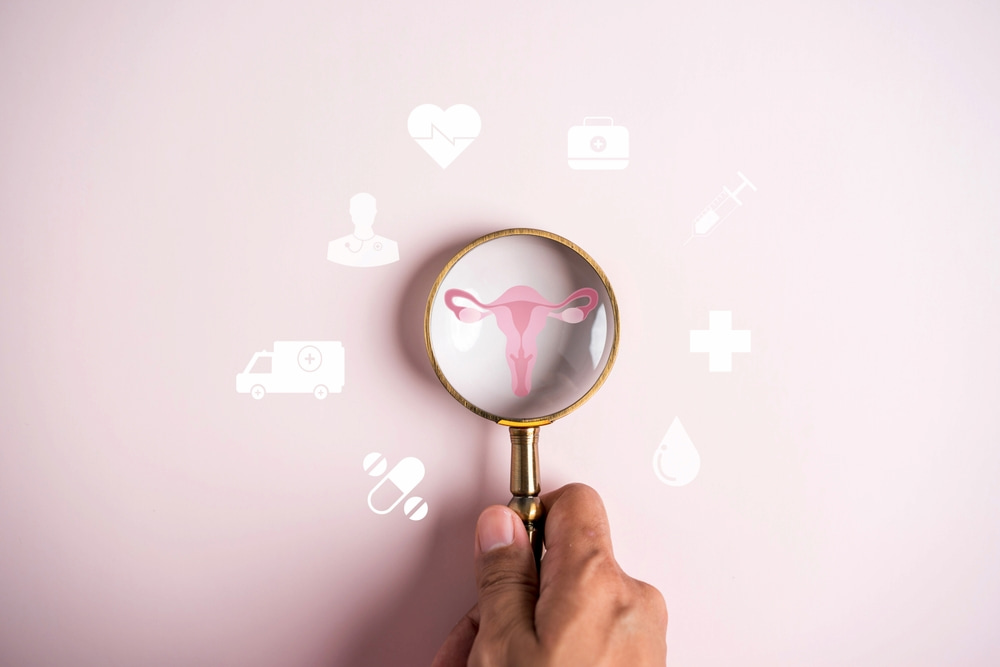
The journey towards parenthood can be an exhilarating time filled with anticipation and hope. However, it can also lead to questions and anxieties, especially if pregnancy doesn’t happen as quickly as expected. Anovulation, a condition where ovulation (the release of an egg from the ovary) doesn’t occur, is a common cause of infertility.
Our blog will discuss anovulation in detail, including its causes, symptoms, and treatment options.
What Happens During Ovulation?
During a healthy menstrual cycle, a complex dance of hormones orchestrates ovulation. The follicle-stimulating hormone (FSH) triggers the growth of follicles in the ovaries. These follicles contain immature eggs. As the follicles mature, they produce estrogen, another key hormone. The rising estrogen levels ultimately lead to a surge in the luteinizing hormone (LH). This LH surge triggers the release of a mature egg from the dominant follicle – this is ovulation.
What Causes Anovulation?
Several factors can disrupt this hormonal balance, leading to anovulation. Here are some of the most common causes:
- Hormonal Imbalance: Conditions like Polycystic Ovary Syndrome (PCOS) can disrupt the delicate hormonal balance needed for ovulation.
- Prolactin Levels: Elevated prolactin, a hormone produced by the pituitary gland, can suppress ovulation.
- Androgen Levels: High levels of androgens (male sex hormones) can interfere with egg development and ovulation.
- Pituitary Gland Dysfunction: The pituitary gland plays a crucial role in regulating hormones. Dysfunction of this gland can impact ovulation.
Other factors that may contribute to anovulation include:
- Extreme weight loss or gain
- Chronic stress and chronic disease
- Excessive exercise
- Certain medications
What Are The Signs And Symptoms of Anovulation?
Unfortunately, anovulation often doesn’t present with clear-cut symptoms. However, some signs may indicate its presence, including:
- Irregular menstrual cycles: This can be a long or short cycle length, or even skipping periods altogether.
- Ovulation spotting: Some women experience spotting around the time ovulation typically occurs, but this can be misleading as it doesn’t guarantee actual ovulation.
- Basal Body Temperature (BBT) charts: While not foolproof, BBT charts may not show the typical temperature shift that occurs after ovulation.
If you’re concerned about anovulation, discussing your cycle with a healthcare professional is essential.
Anovulation Risk Factors
Several factors can increase your risk of anovulation, such as:
- Age: Anovulation is more common as you approach menopause.
- Weight: Both excessive weight loss and obesity can disrupt ovulation.
- Family history: If you have a family history of PCOS or infertility, your risk may be higher.
- Underlying medical conditions: Conditions like thyroid disorders and diabetes can impact ovulation.
Risk Reduction Methods
While you can’t completely eliminate the risk of anovulation, some lifestyle changes might help:
- Maintain a healthy weight: A balanced diet and regular exercise can contribute to hormonal balance.
- Manage stress: Chronic stress can disrupt your menstrual cycle. Relaxation techniques like yoga and meditation can be beneficial.
- Talk to your doctor: Discuss any concerns about your cycle or risk factors with your doctor.
Diagnosis, Management, and Treatment of Anovulation
Diagnosing anovulation often involves a combination of tests like blood work, a pelvic ultrasound, and ovulation predictor kits. Once diagnosed, management and treatment options will depend on the underlying cause.
Some common treatment approaches for anovulation include:
- Lifestyle changes: As mentioned earlier, maintaining a healthy weight and managing stress can sometimes address anovulation.
- Medication: Medications like Clomid can help stimulate ovulation.
- Surgery: In some cases, laparoscopic surgery (ovarian drilling) may be needed to address issues like PCOS.

Schedule An Appointment with V-Fertility Center
If you suspect you might have anovulation and are experiencing symptoms like irregular menstrual cycles, consider scheduling an appointment with V-Fertility Center at Vejthani Hospital, Bangkok.
At V-Fertility Center, we understand the unique challenges anovulation can present, particularly when it comes to fertility. Our team of experienced fertility specialists can work with you to develop a personalized plan to address anovulation and other infertility issues. Our IVF clinic in Bangkok offers various treatment options, including IVF, and the latest technologies and assisted reproductive techniques.
As a JCI-accredited hospital, we also offer our international patients personalized support through our International Patient Advocates, ensuring a seamless experience from inquiry to post-treatment
Article by Dr.Sorramon Songveeratham








No Comments
Sorry, the comment form is closed at this time.